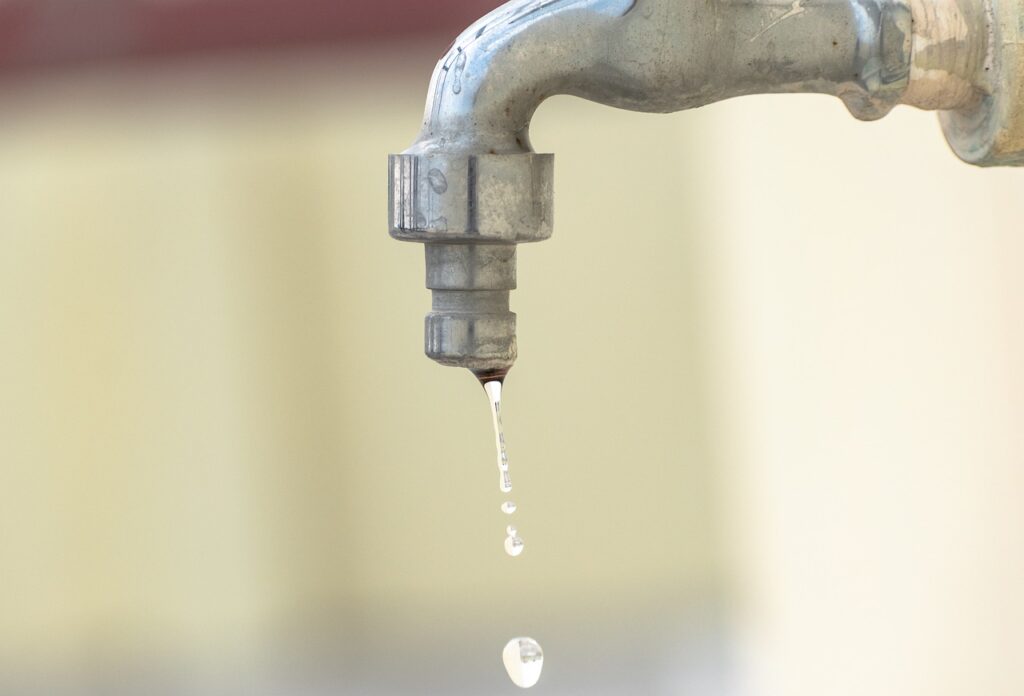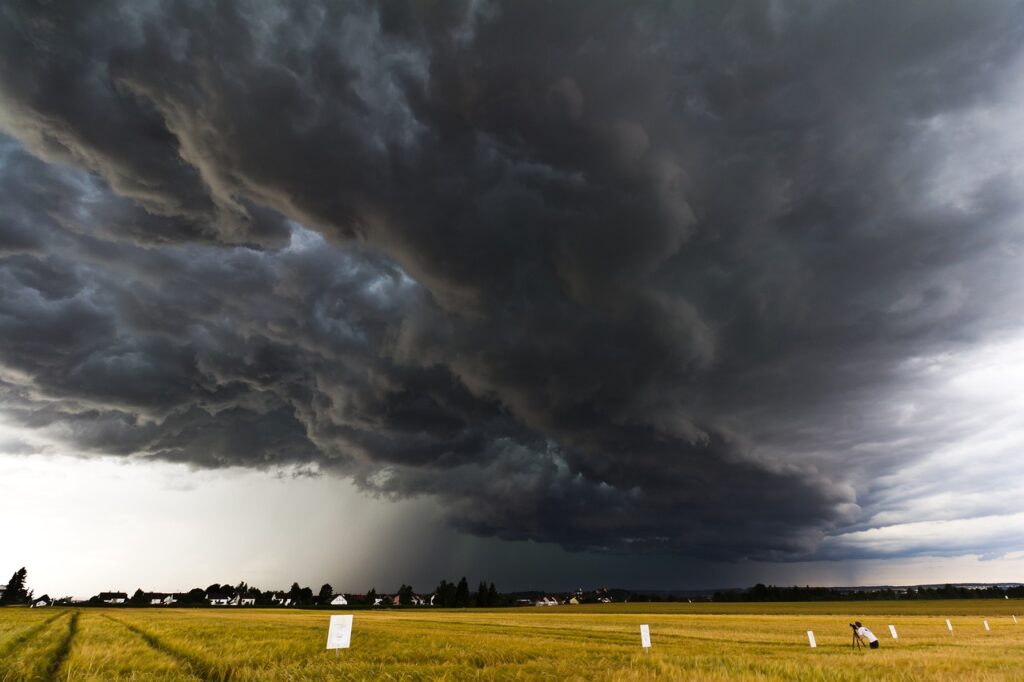Is There A Water Shortage Coming? Here’s How To Be Prepared
Have you ever heard the saying “water, water everywhere, and not a drop to drink”? It might surprise you to learn that nearly 97% of the world’s water is salty or otherwise unusable. Another 2% is locked away in glaciers and ice caps. That leaves just 1% for all of humanity’s needs—from drinking and washing dishes to growing food and powering industries. It’s not a lot, and it is getting worse; a water shortage is looming and is a reality in some places, like California and Australia.
If you follow me in any capacity, you know my emphasis on storing water. From my first blog and throughout my podcast, I’ve mentioned the importance of water. Did you also know that you can live three weeks without food but won’t survive one week without water? Did you know that the average person uses approximately 60 gallons of water daily? You may not have because it’s not something you think of daily; you’re used to just walking over to any random faucet, turning it on, and expecting water to come out.
Climate change and overuse are dwindling freshwater supplies at an alarming rate. We’re experiencing more frequent and severe droughts while our reliance on water-intensive practices like factory farming continues to grow. This isn’t some distant future threat; it’s happening now.
So, what does this mean for you? This means that we all need to take water conservation seriously. But more importantly, we need to be prepared for water shortages. Here’s what you can do:
Become a Water Warrior:
- Store Water: Don’t wait until the crisis hits. Start storing water now. Bottled water is a convenient option, but consider getting BPA-free, stackable containers for long-term storage. Water bladders are also great for apartments or limited space.
- Catch Rainwater: Every drop counts! Invest in a rain barrel or simply use buckets to collect rainwater. You can use it to water plants, wash your car, or even flush toilets (depending on your local regulations).
- Purify What You Can: Filtration systems and LifeStraws can make questionable water sources drinkable. In an emergency, pool shock with a minimum of 68% hypochlorite concentration and no additives can be used for purification. Bleach can also be used. Be sure to follow safety guidelines and proper dosage instructions.
- Be Water Wise Every Day: Every little bit helps! Develop habits like turning off the faucet while brushing your teeth, fixing leaky pipes promptly, and taking shorter showers.
Look to the Future:
- Desalination: Desalination technology removes salt from seawater, making it a potential solution for coastal areas. However, it’s currently an expensive process with environmental concerns.
- Responsible Management: Individuals, communities, and industries must adopt better water management practices, including investing in water-saving technologies and infrastructure.
Drought Knows No Borders:
The water crisis isn’t just a problem for some; it’s a global issue. Droughts affect our ability to water our lawns, devastate agriculture, disrupt ecosystems, and threaten food security worldwide. The result is rising food prices and shortages.
It’s Time to Get Prepared:
Don’t wait until the well runs dry (literally!). Take some time to research water scarcity and its potential impact on your area. Develop a water preparedness plan for your family, whether you live in a house or an apartment.
Remember, water is life. By taking action now, we can ensure that this precious resource remains available for all in the future.
Let’s all work together to become water warriors and ensure a sustainable future for ourselves and future generations.
https://en.wikipedia.org/wiki/Water_restrictions_in_Australia#:~:text=Water%20restrictions%20have%20been%20enacted,resulting%20from%20the%20widespread%20drought.
https://www.worldwatercouncil.org/en – A global organization dedicated to promoting water security.
https://dropinthebucket.org/ – A charity that provides clean water to communities in need.
https://www.epa.gov/watersense – The EPA’s WaterSense program offers tips and resources for conserving water at home.
https://ktla.com/news/california/california-to-impose-permanent-water-restrictions-on-cities-and-towns/
https://www.pbs.org/newshour/nation/california-proposes-delaying-rules-aimed-at-reducing-water-on-lawns-concerning-environmentalists




Pingback: PODCAST RESOURCES: “WATER IN EXTREMES” → urbanladyprepper.com